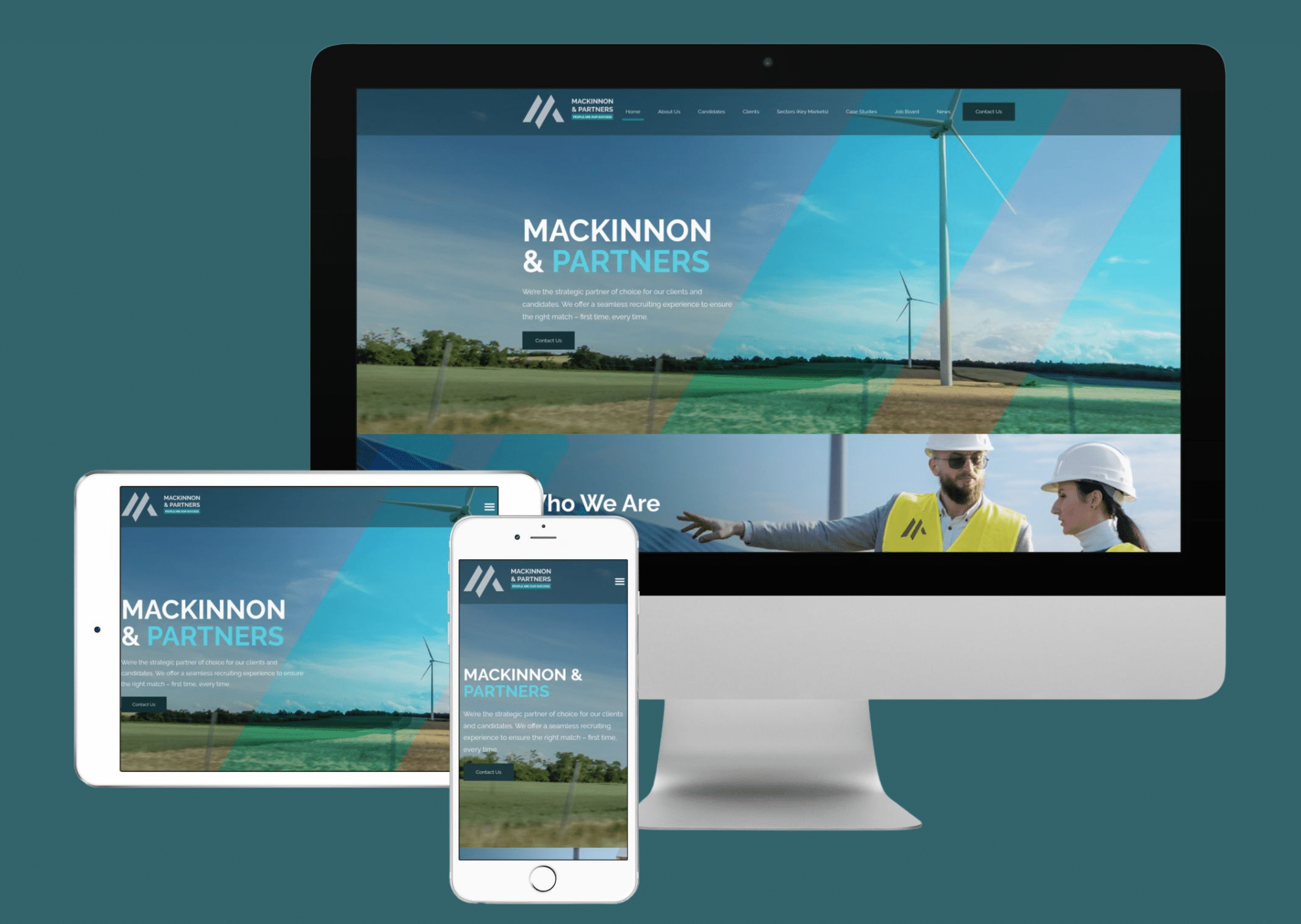With the holiday season quickly approaching, many companies seek temporary employees to help them fill the needs of the season. Over the holidays lots of people travel, are in and out of the work place, and there is usually an added rush of needs; meaning, more workers are required. If you are weighing the pros and cons of temporary employment for yourself, whether over the holidays, or throughout the year, we are here to help. We are going to review some of the advantages and disadvantages of temporary employment to assist you in deciding if it is right for you.
Understanding Temporary Employment
As the name implies, temporary employment is generally employment that is not intended to be permanent and is for a particular period of time.
Temporary work or temporary employment refers to an employment situation where the working arrangement is limited to a certain period of time based on the needs of the employing organization. Temporary employees are sometimes called “contractual”, “seasonal”, “gig”, “interim”, “casual staff”, “outsourcing”, “freelance“; or the words may be shortened to “temps”. Temporary workers may work full-time or part-time depending on the individual situation.
In the United States, temporary employment has been growing for the last decade. Nearly 480,000 temporary jobs were added from 2012 to 2019 with companies seeking more flexibility in how they staff and workers seeking greater control over when and where they work. One study projects that temporary employment will grow to more than 3.2 million jobs by 2025 (BusinessWire).
Advantages and Disadvantages of Temporary Employment
Temporary employment is not just a thing over the holiday season, as you can see from above, it is a growing trend throughout the United States and is ongoing.
Let’s get down to it and break down some of the advantages and disadvantages of temporary employment.
Advantages:
- Opening to Permanent Position: A temporary employment opportunity can give you the leverage you need to be hired for open permanent positions within an organization. A temp role can help to get your foot in the door. You get hands-on experience working for the company and gain insider knowledge of how the company works and its expectations and culture. You also get the chance to meet and impress the hiring managers at the business, so that when a permanent position becomes available, you have the advantage over other candidates who don’t have the same connection and personal knowledge of the organization.
- Skill Development: If you are unsure about your career goals and interests, are changing industries, or simply just need some added skills for your resume, a temporary position may be right for you. Temporary opportunities can give you flexibility and exposure to different types of jobs and a way to develop new skills. Over 60% of temporary workers say that they have gained new skills while working in a “temp” role. Acquiring new skills and experiences will likely increase your opportunity for new career paths or full-time positions in the future.
- Flexibility and Variety: With temporary employment, because it is not permanent, if you are doing something you don’t like, you are able to choose to do something different once your temporary assignment is completed. Because you can move to different assignments and aren’t locked into a specific role, the varying job assignments can give you the chance to try out different types of jobs and have diversity in your career.
Disadvantages:
- Lack of Job Security: With temporary employment, there is the lack of long-term job security. The number of available assignments and pay rates may fluctuate, causing you to take a role that isn’t suited for you and doesn’t provide you with the income you were seeking. This can make it difficult to plan and you may have to take assignments you don’t like. Also, keep in mind, when you do get an assignment, you aren’t guaranteed a lengthy stay with the organization. Temporary workers run the risk of periods without an income because of the potential for gaps between roles.
- Limited Benefits: While all temporary employment opportunities are different, typically temporary positions come with limited to no benefits. The majority of temporary workers do not receive health insurance, paid time off, or retirement plan benefits. This can mean added expenses if you need to seek insurance on your own and you will need to account for not receiving pay when you take vacation or other time off.
- Low Satisfaction: When it comes to temporary employment, you may feel low satisfaction because your role is not permanent and you likely will not be with the organization long enough to see the effects of your work. Temporary workers are often not treated the same as full-time employees. This can make a person feel like an outsider and lack a strong connection to colleagues and the organization as a whole.
As you can see, there are advantages and disadvantages of temporary employment. Deciding on if a temporary role is right for you depends on you personally and what you are looking for. Trying out new things and getting your foot in the door is enough to make temporary employment worth it for some people, and for others, the lack of job security and satisfaction is enough to turn them away.
At Mackinnon & Partners we are here to help with your career search. We aim to provide first class candidates to a variety of emerging and established markets with a wealth of knowledge in the renewables, oil and gas, and construction industries both on and offshore. Our senior management has over 40 years of experience in the industry, globally and within the U.S.
Check out our current career opportunities. If a job is not available that matches your chosen search criteria you can upload your resume here.
- Recruitment | Layoff Support - April 24, 2024
- Construction Jobs Recruitment Agency - April 15, 2024
- What is Recruitment Process Outsourcing? - April 8, 2024




































































































